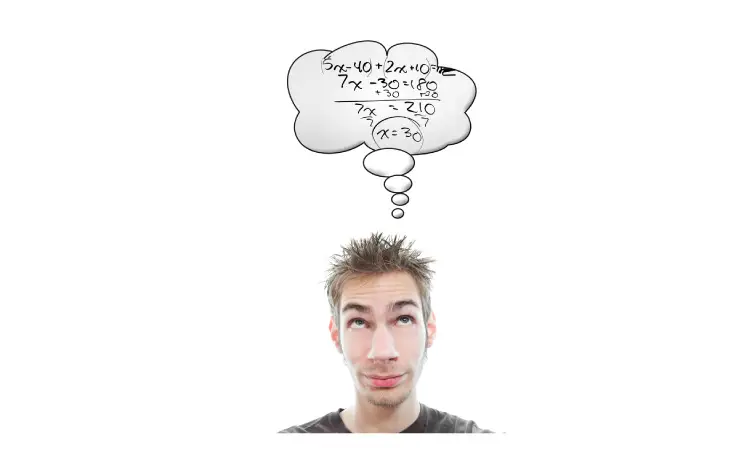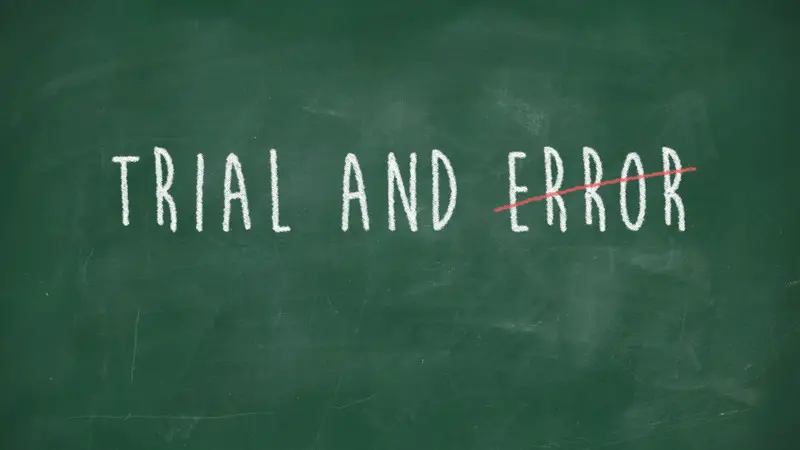Problem solving is something that we go through on a daily basis. As problems never end, the need to solve them is also everlasting. From managing your books properly on a shelf to deciding the next step for your career, the problems can be small or big but they need to be solved on daily basis.
Study in cognitive psychology, has definitely made our lives easier to some extent. There are concrete psychological steps involved in problem solving, which if properly followed, can help us tackle every sort of problems.
[Learn more: Psychological steps involved in problem solving]
One of the important aspects of solving a problem is forming a good strategy. A strategy might be well thought of, rigorous and a sure winner but might not be viable given the resources available in hand.
Below given are the core strategies involved in solving every problem.
Problem-Solving Strategies
Algorithms

The step-by-step procedure involved in figuring out the correct answer to any problem is called algorithm. The step by step procedure involved in solving a mathematical problem using math formula is a perfect example of a problem-solving algorithm. Algorithm is the strategy that results in accurate answer; however, it’s not always practical. The strategy is highly time consuming, and involves taking lots of steps.
For instance, attempting to open a door lock using algorithm to find out the possible number combinations would take a really long time.
Heuristics
Heuristics refers to mental strategy based on rule-of thumb. There is no guarantee that it will always work out to produce the best solution. However, the rule of thumb strategy does help to simplify complex problems by narrowing the possible solutions. It makes it easier to reach the correct solution using other strategies.
Heuristic strategy of problem solving can also be referred to as the mental shortcut. For instance, you need to reach the other part of the city in a limited amount of time. You’ll obviously seek for the shortest route and means of transportation. The rule of thumb allows you to make up your mind about the fastest route depending on your past commutes. You might choose subway instead of hiring a cab.
Trial-and-Error

Trial and error strategy is the approach that deals with trying a number of different solutions and ruling out the ones that do not work. Approaching this strategy as the first method in an attempt to solve any problem can be highly time-consuming. So, it’s best to use this strategy as a follow up to figure out the best possible solution, after you have narrowed down the possible number of solutions using other techniques.
For instance, you’re trying to open a lock. Trying to enter every possible combination directly onto the lock for Trial-and-Error method can be highly time-consuming. Instead, if you’ve narrowed down the possible combinations to 20, you’ll have a much easier time solving the particular problem.
Insight

Insight is something that just occurs suddenly. Researchers suggest that insight can occur if you’ve dealt with similar problems in the past. For instance, Knowing that you’ve solved a particular algebra question in the past will make it much easier for you to solve the similar questions at present. However, it’s not always necessary that the mental processes be related with past problems. In fact, most cases of mental processes leading to insight happen outside of consciousness.
Conclusion
Every strategy you build for solving a specific problem, be it for buying groceries or deciding your career, can be narrowed down into one of the above strategy techniques. Some strategies are a combination of Algorithms and Heuristics while others are based on trial-and-error. Choose wisely analyzing your resources, collecting information and monitoring progress.


